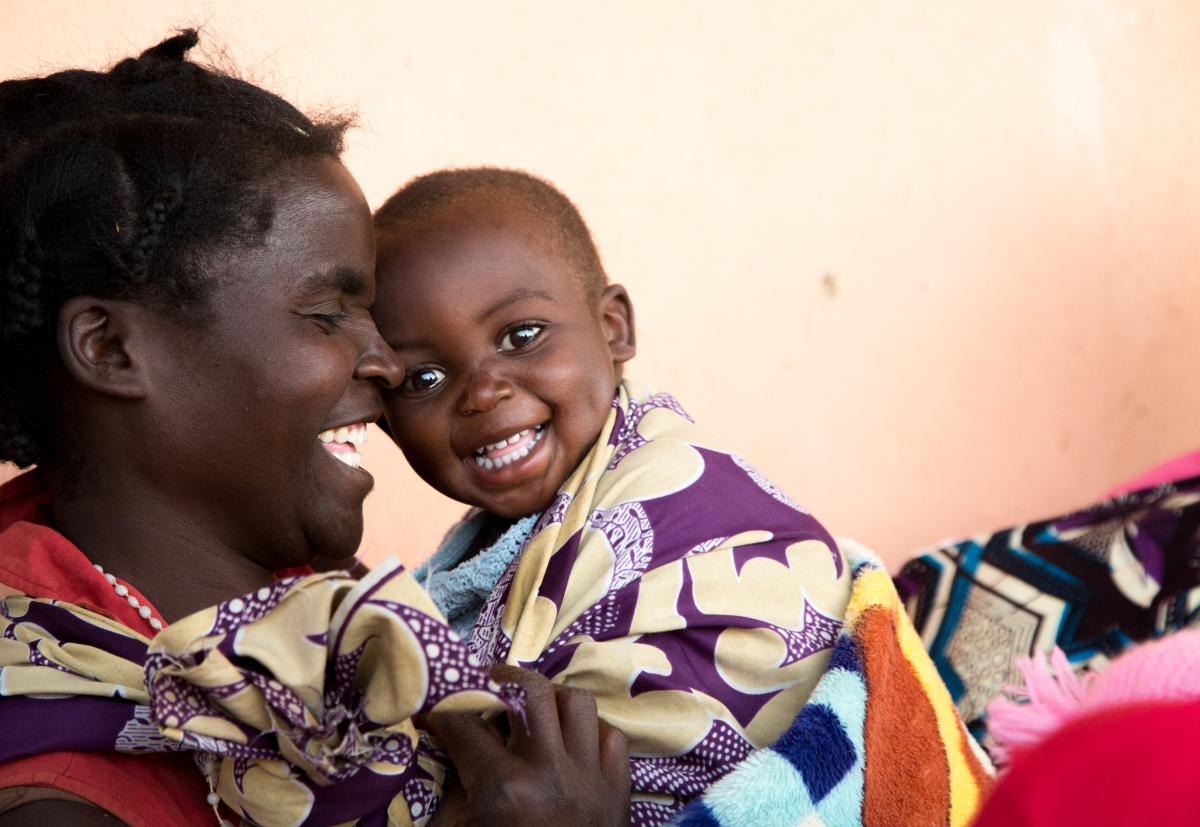
In January 2020, the Zambian government announced a Universal Health Coverage (UHC) benefits package that covers contraceptive pills, implants, injectables, intrauterine devices (IUDs), and emergency contraception. It is the first UHC financing reform in the region to cover family planning and the first major country-level advocacy win for sexual and reproductive health and rights following the 2019 UN High-Level Meeting on UHC. As the government implements coverage through a nationwide health insurance scheme, Zambian women will receive covered family planning methods for free at all accredited facilities in the program.
Over the past two years, the Zambian government has been preparing to launch its first-ever National Health Insurance Scheme (NHIS) as a key step toward UHC. One of the foundational components of this policy reform was deciding which services, medicines, supplies, and facilities the health insurance scheme would cover at primary through tertiary facilities nationwide.
Through an initial Opportunity Fund award in September 2018, the Centre for Reproductive Health and Education (CRHE) and advocacy partners mobilized quickly to better understand Zambia’s UHC and health financing policy landscape. A kick-off advocacy strategy session as well as technical assistance from health economists, leaders from the Zambia Medical Association, and academic colleagues helped identify advocacy entry points. With additional funding from PAI’s UHC Engage project, CRHE and partners catalyzed activities over the next 18 months to step into the policymaking process, engage with key decision-makers, and showcase evidence of the cost-effectiveness of family planning and related preventive health care services and supplies.
Together, they identified opportunities to co-host multiple joint meetings between the Ministry of Health’s Department of Health Financing and civil society to:
- understand the benefits package and related health insurance policy processes and advocate for the inclusion of family planning;
- track development of the new national health insurance management institution and explore where civil society members could fill seats on its governance board and technical working groups; and
- work together on the development and implementation of a communications strategy and information dissemination plan to inform the public of the NHIS and its structure, benefits, and implications.
The advocacy strategy family planning advocates advanced—combined with the government’s delay in rolling out NHIS by several months—enabled CRHE and its partners to serve as invaluable resources to policymakers and leverage civil society’s ability to act as brokers between citizens and government.
Zambia has now set a strong precedent for the current wave of countries rapidly introducing UHC policy reforms to meet 2030 Sustainable Development Goal targets. As a next step, CRHE and advocacy partners are working with the National Health Insurance Authority to implement the NHIS communications strategy and with communities, trade unions, and other key groups to understand the parameters of the new health insurance program. They are also working together to explore accountability strategies to ensure the government realizes its promise of increasing access to family planning for women and girls.
The Opportunity Fund, managed by PAI with funding from Advance Family Planning, is a small grants program that helps advocates seize opportunities to accelerate Family Planning 2020’s success at district, state, national, and regional levels. Find more information about how to apply here.

